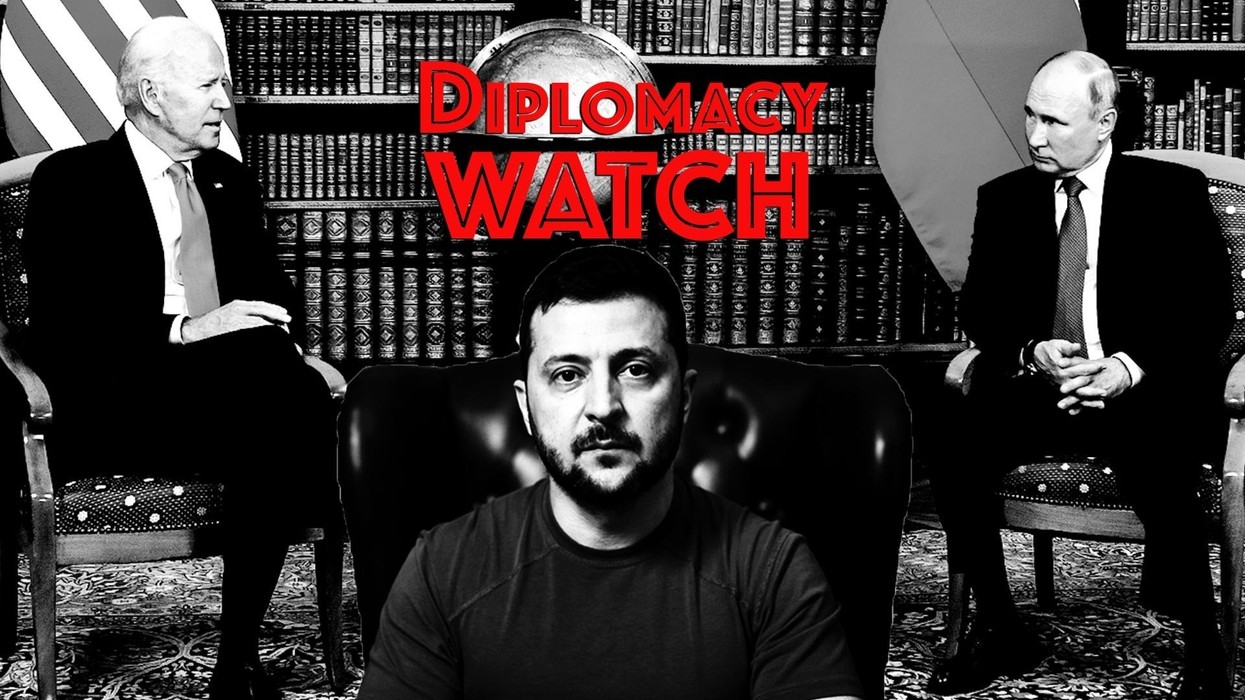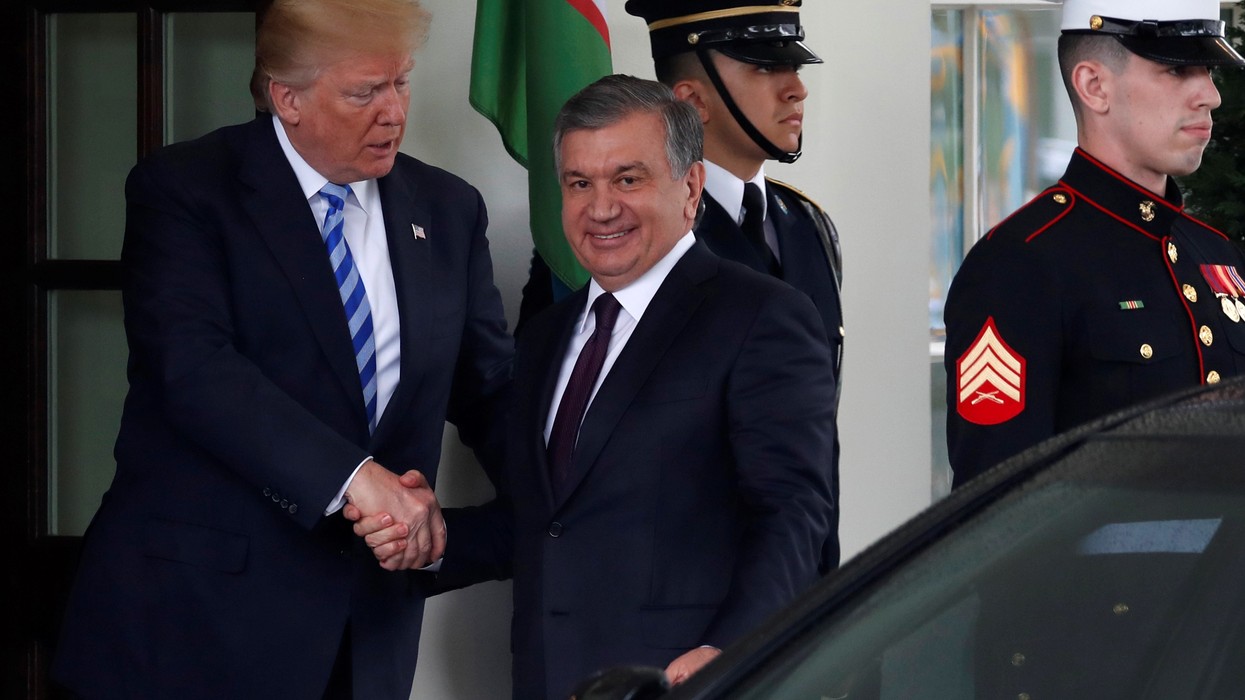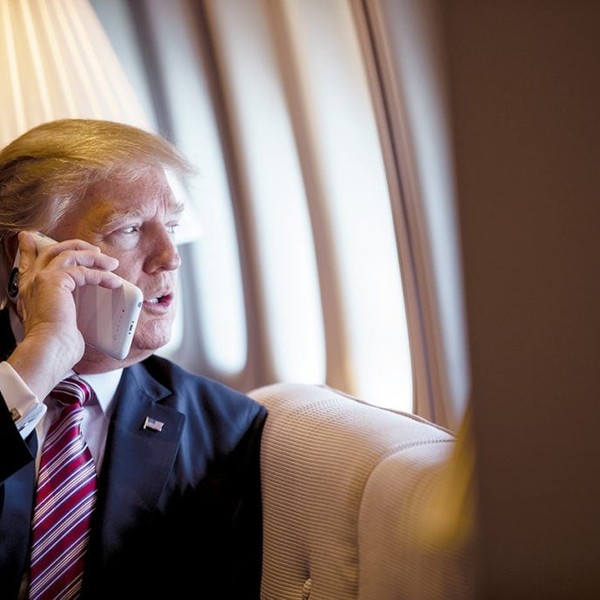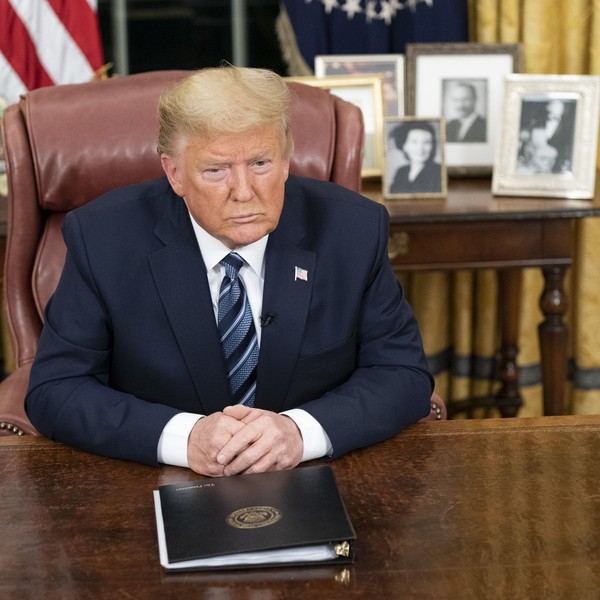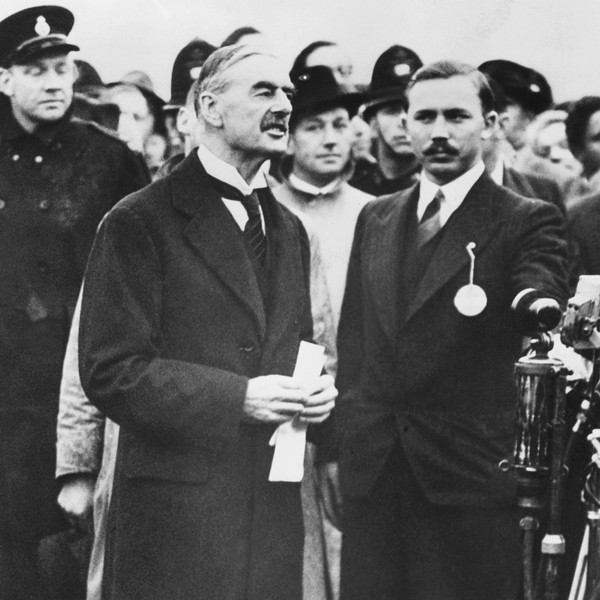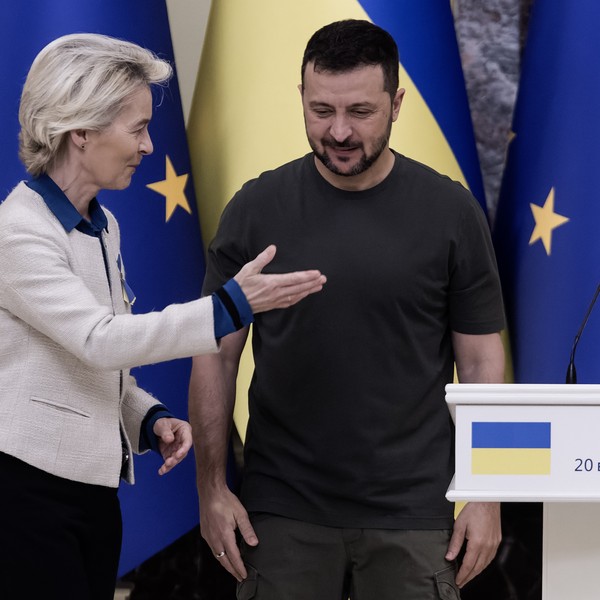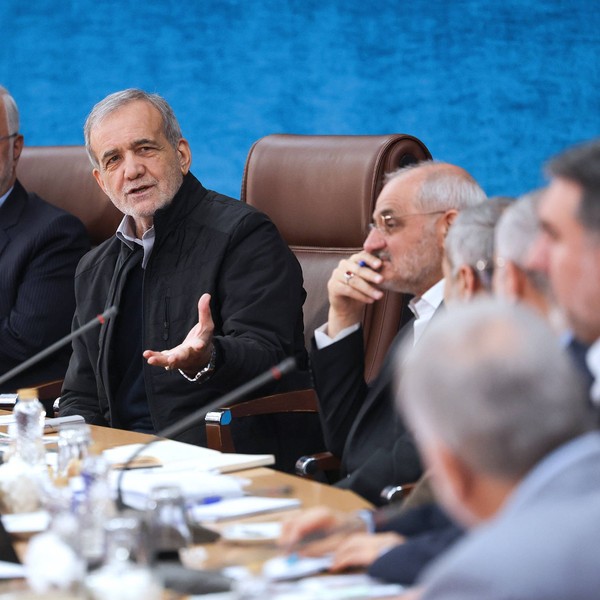The War Powers Resolution that would have required President Joe Biden to withdraw all U.S troops from Syria within 180 days did not pass on Wednesday night, with 103 members of the House voting in favor of the resolution, and 321 against. Fifty-six Democrats and 47 Republicans supported the resolution.
Rep. Matt Gaetz (R-Fla.), who introduced the bill last week, indicated to Breitbart News on Tuesday that he expected “low Democrat support” on his resolution, but the Intercept’s Ryan Grim reported later on Tuesday that the Congressional Progressive Caucus would urge its members to vote “yes.”
In the end, many of the most prominent progressive members supported the resolution, including Congressional Progressive Caucus Chair Pramila Jayapal (D-Wash.), Alexandria Ocasio-Cortez (D-N.Y.), Ilhan Omar (D-Minn.), Rashida Tlaib (D-Mich.), Ro Khanna (D-Calif.), and Barbara Lee (D-Calif.), as well as Jamaal Bowman (D-N.Y.), who introduced a similar amendment last year.
But other powerful Democrats, including some who had previously supported Bowman’s 2022 legislation, like new Democratic leader Hakeem Jeffries (D-N.Y.) and former Chair of the Intelligence Committee Adam Schiff (D-Calif.), voted against this resolution. In total, 74 more Democrats supported Bowman’s amendment than voted for today’s bill.
Among Republicans, support increased from 25 to 47 votes since last summer. According to Just Foreign Policy, that represents the largest number of GOP House members to ever vote for a War Powers Resolution.
Many of the Republican supporters are the same ones who have voiced skepticism over Washington’s continued funding of Ukraine. More than half of those who voted “yes” on this bill were also among the 30 signatories of Sen. J.D. Vance’s (R-Ohio) January letter that called for increased transparency on financial support to Kyiv.
As Insider’s Bryan Metzger noted on Twitter, the supporters were primarily an “[i]nteresting mix of mostly progressives and right-wingers. Though also some interesting names in-between, like [Democrat Jake] Auchincloss, [Republicans Tom] Emmer, [Nancy] Mace, and of course, [George] Santos.”
“There is no role for the United States of America in Syria. We are not a Middle Eastern power. We have tried to build a democracy out of sand, blood, and Arab militias. Time and again, the work we do does not reduce chaos. Oftentimes, it causes chaos – the very chaos that then subsequently leads to terrorism. While today’s vote may have failed, my fight to end forever wars and bring our troops home has only just begun,” said Gaetz in a statement following the vote.
During the debate over the Concurrent Resolution earlier in the day on Wednesday, Gaetz, and Reps. Andy Biggs (R-Ariz.), Marjorie Taylor Greene (R-Ga.), Cory Mills (R-Fla.), and Anna Paulina Luna (R-Fla.) spoke in favor of the bill. “The United States is not the world’s policeman and it is incredibly unwise to promote this level of involvement in international disputes. Democrat and Republican presidents alike have abused the power granted under the ‘01 and ‘02 AUMFs, and Congress must act to reign back the executive branch’s war authorities,” said Mills. “Continuing to dump trillions of dollars into these endless wars is irresponsible, runs contrary to America’s economic and security interests, and unnecessarily places American lives in jeopardy.”
Many of the opponents who spoke in the debate, led by House Foreign Affairs Committee chair Michael McCaul (R-Texas) and ranking member Gregory Meeks (D-N.Y.), agreed that it was important for Congress to discuss the AUMFs, but argued that the mission in Syria was both legally covered by the 2001 statute and important to maintaining American security.

